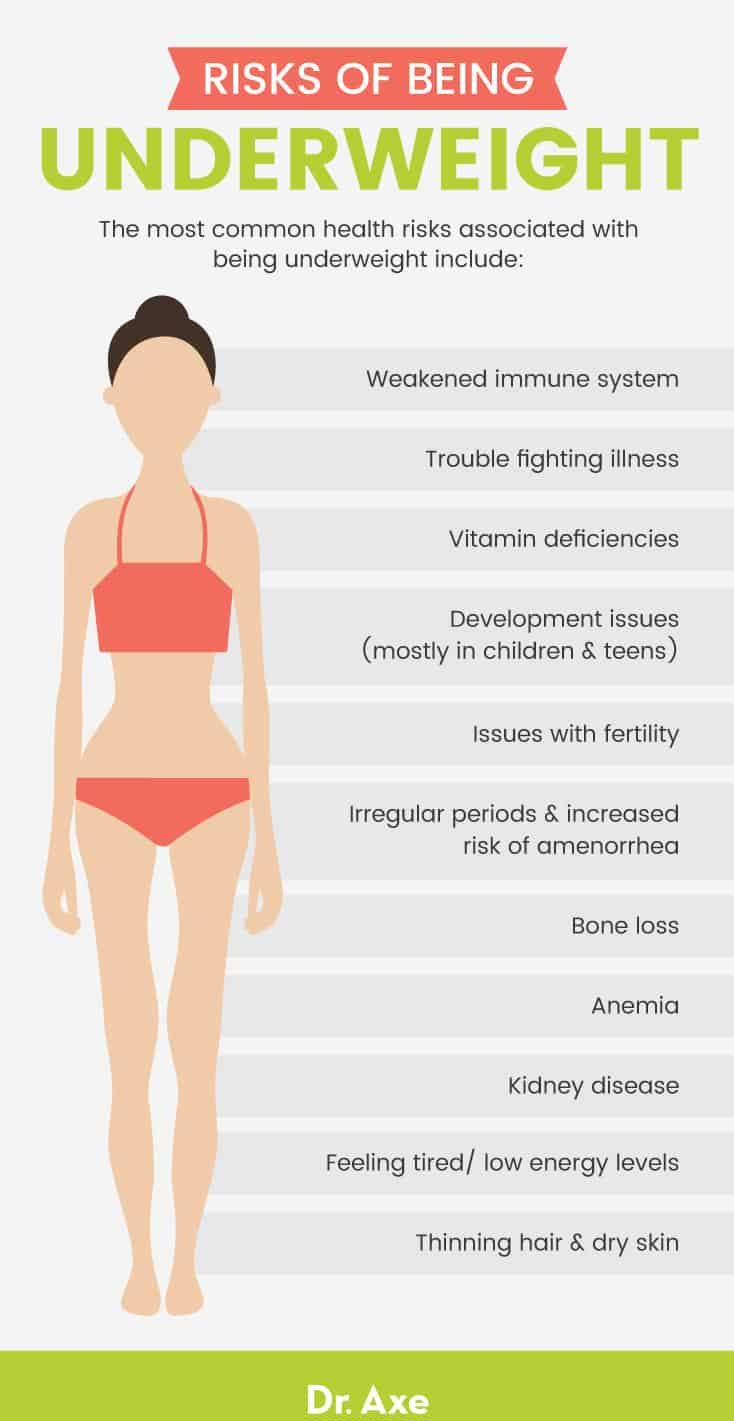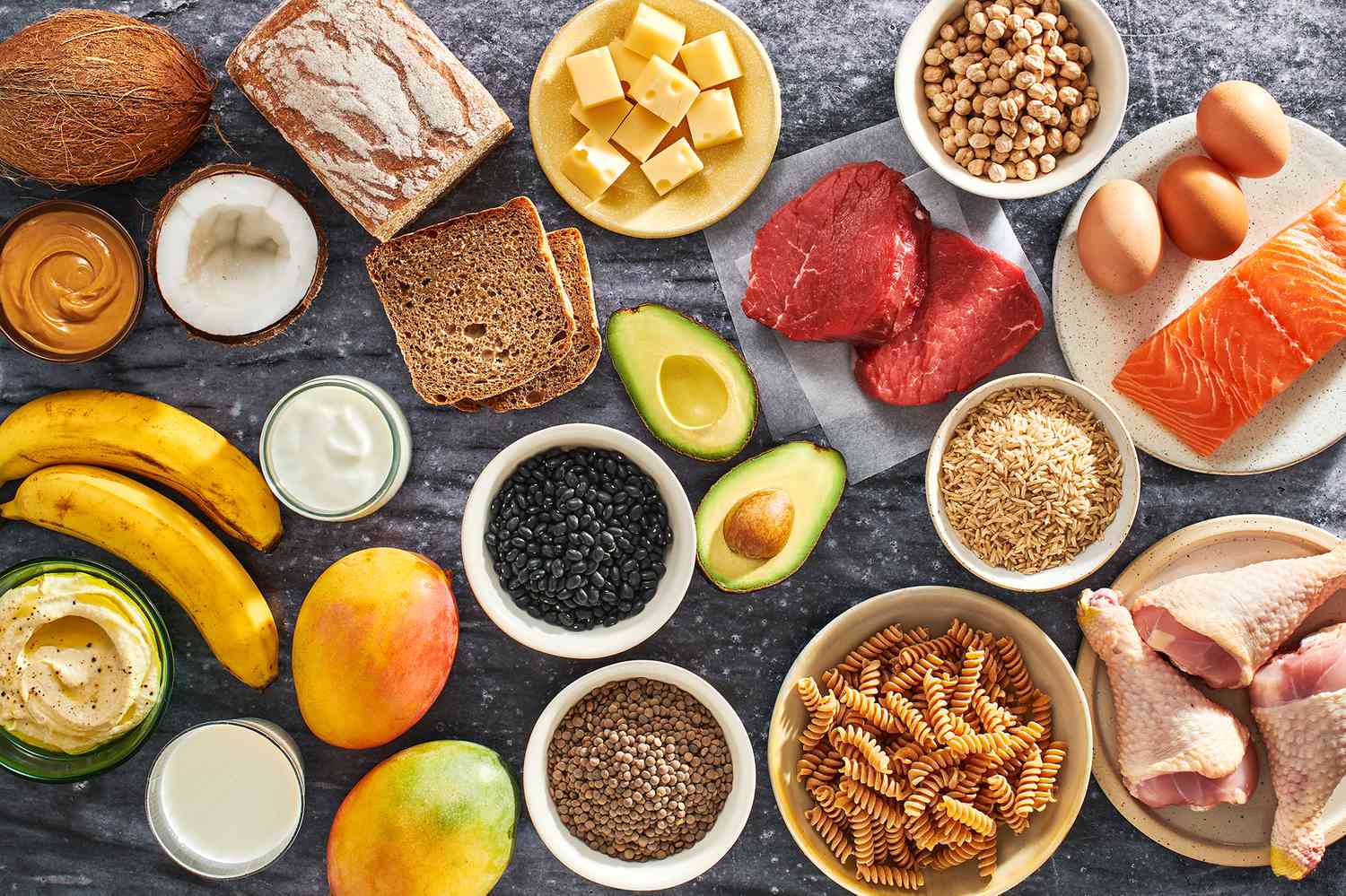Increase your calorie intake through foods rich in carbohydrates, protein, and healthy fats to gain weight. Eat three to five meals a day, include weight training in your routine, and consume meals with fibrous carbohydrates and healthy fats.
Seek help if needed. Gaining weight safely and healthily is essential for underweight individuals.
Introduction To Gaining Weight
Are you struggling to gain weight? Discover effective strategies for how to gain weight healthily and sustainably. From adding extra calories to your meals to incorporating weight training, these tips will help you achieve your weight-gain goals.
If you’re someone who has been struggling to gain weight, you’re not alone. While most people try to shed those extra pounds, some find it equally challenging to put on weight. Although it may seem simple, gaining weight requires a strategic approach to ensure it is done healthily and sustainably. In this blog post, we will explore various aspects of gaining weight, including the importance of weight gain, the risks of being underweight, and the causes of being skinny. By understanding these factors, you can better grasp what it takes to achieve your goal weight.
Understanding The Importance Of Gaining Weight
Gaining weight is not just about achieving a desired physical appearance. It is crucial for overall health and well-being. Proper weight gain is essential to support bodily functions, boost the immune system, and promote muscle growth. Maintaining a healthy weight also helps prevent nutrient deficiencies, hormonal imbalances, and chronic conditions such as osteoporosis. By understanding the importance of gaining weight, you can prioritize your goal and adopt appropriate strategies.
Risks Of Being Underweight
Being underweight poses several risks to your health. Individuals with a low body weight may experience weakened immunity, reduced energy levels, and impaired cognitive function. Malnourished individuals also risk developing nutrient deficiencies, including essential vitamins and minerals like vitamin D, B12, iron, and calcium. Furthermore, being underweight can lead to reproductive issues in women and negatively impact bone density, increasing the chances of fractures.
Causes Of Underweight
There can be various causes of being underweight. Some individuals naturally have a faster metabolism, making it challenging to gain weight. Others may have underlying medical conditions such as thyroid disorders, gastrointestinal issues, or eating disorders like anorexia nervosa. Additionally, lifestyle factors such as poor dietary choices and a lack of physical activity can contribute to being underweight. Identifying the root cause of your low body weight is essential to developing an effective weight-gain plan.

Dietary Approaches For Weight Gain
Are you looking to gain weight? Learn about practical dietary approaches for weight gain, including adding extra calories to meals, consuming foods high in protein and healthy fats, and incorporating weight training into your routine. These tips will help you gain weight healthily and safely.
Eating Strategies For Weight Gain
Eating strategies play a crucial role in gaining weight. Here are some tips to help you maximize your calorie intake:
- Eat three to five meals a day.
- Include healthy snacks between meals.
- Add extras to your dishes for more calories, such as cheese in casseroles or nut butter on whole-grain toast.
- Add dry or liquid milk to foods, such as mashed potatoes or soups like mashed potatoes or soups.
- Try incorporating smoothies and shakes into your diet.
Foods That Help In Gaining Weight
Incorporating the right foods into your diet can be instrumental in achieving weight gain. Here are some options to consider:
- Eat meals with fibrous carbohydrates and healthful fats.
- Include high-calorie smoothies or shakes.
- Ensure you consume enough protein.
- Consider weight training to build muscle mass.
Adding Extra Calories And Protein To Meals
To boost your calorie and protein intake, try these strategies:
- Add cheese to casseroles or nut butter on whole-grain toast for extra calories.
- Incorporate dry milk or liquid milk into foods to increase protein and calories.
- Consider consuming protein shakes or smoothies.
- Seek professional guidance if needed.
Exercise And Lifestyle For Weight Gain
Are you looking to gain weight? Incorporating regular exercise into your lifestyle can help you build muscle and increase your overall body mass. Focus on strength training exercises such as squats, lunges, and bench presses, and make sure to consume a balanced diet with enough protein, carbohydrates, and healthy fats to support your weight gain goals.
Exercise Routines To Promote Weight Gain
Regular exercise plays a crucial role in gaining weight. However, it’s essential to focus on suitable exercises that promote muscle growth and weight gain. Here are some effective exercise routines to help you achieve your weight gain goals:
- Squats: Squats are a compound exercise that targets multiple muscle groups, including the quadriceps, hamstrings, and glutes. Incorporating squats into your workout routine can help build body strength and promote weight gain.
- Lunges: Lunges are another excellent exercise for weight gain, as they target the lower body muscles, such as the quadriceps, hamstrings, and glutes. Adding weighted lunges or using resistance bands can further enhance the effectiveness of this exercise.
- Pull-ups: Pull-ups are a great upper-body exercise that primarily works the back and arm muscles. Incorporating pull-ups into your routine can help build upper-body strength and promote muscle growth.
- Bench Press: The bench press is a classic exercise focusing on the chest, shoulders, and triceps. It is an effective compound movement that can help build strength and muscle mass.
- Push-ups: Push-ups are a versatile exercise that targets multiple muscle groups, including the chest, shoulders, triceps, and core. Adding variations like incline push-ups or diamond push-ups can intensify the workout and promote muscle growth.
- Tricep Dips: Tricep dips target the triceps, shoulders, and chest muscles. It can be done using parallel bars or a bench and is an effective exercise for building upper body strength and promoting weight gain.
Recommended Weight Gain Shakes
Weight-gain shakes are a convenient way to increase calorie intake and promote weight gain. Here are some recommended weight-gain shakes that you can incorporate into your diet:
| Weight Gain Shake | Description |
|---|---|
| Naturade Weight Gain Vanilla | This shake contains high-quality proteins, carbohydrates, and essential nutrients to support healthy weight gain. |
| Boost High Protein Nutritional Drink | This ready-to-drink shake provides a balanced blend of protein, carbohydrates, and essential vitamins and minerals for promoting muscle growth and weight gain. |
| Dymatize Super Mass Gainer | This weight-gain shake contains calories, proteins, and carbohydrates to fuel muscle growth and weight gain. |
| GNC Pro Performance Weight Gainer | This shake is designed to support muscle recovery and promote weight gain, providing a blend of high-quality proteins, complex carbohydrates, and essential amino acids. |
| Optimum Nutrition: Serious Mass | This shake offers a high-calorie formula balanced with proteins, carbohydrates, and essential nutrients to support weight gain and muscle growth. |
| Premier Protein Protein Shake | This ready-to-drink protein shake is convenient for individuals looking to increase their protein intake and promote muscle growth and weight gain. |
Weight Gain During Intermittent Fasting
Intermittent fasting has gained popularity for its various health benefits, but some individuals may experience weight gain while practicing it. Here are some reasons why you may gain weight during intermittent fasting:
- Overeating: Fasting can lead to increased hunger, and some individuals may consume more significant portions or overeat during their eating window, resulting in weight gain.
- Consuming Too Much Sugar: Including sugary foods and drinks during the eating window can contribute to weight gain, as they are high in calories and can spike insulin levels.
- Eating Fast: Eating quickly during your eating window can lead to overconsumption, as your body may not have enough time to register fullness, resulting in weight gain.
- Additional Lifestyle Elements: Stress, lack of sleep, and a sedentary lifestyle can also contribute to weight gain during intermittent fasting.
Tips For Skinny Individuals To Gain Weight
If you’re a skinny individual looking to gain weight, here are some tips that can help you achieve your weight gain goals:
- Add extras to your dishes for more calories, such as cheese in casseroles or nut butter on whole-grain toast.
- Include protein-rich foods in your meals, such as lean meats, poultry, fish, eggs, beans, and dairy products.
- Incorporate healthy fats into your diet by including avocados, nuts, seeds, and olive oil.
- Consume high-calorie smoothies or shakes with nutrient-dense ingredients like fruits, greens, nut butter, and protein powder.
- Ensure you eat three to five balanced meals throughout the day and include fibrous carbohydrates for sustained energy.
- Consider seeking help from a registered dietitian or nutritionist who can create a personalized plan to support your weight gain journey.

Frequently Asked Questions On How To Gain Weight
How Do You Gain Weight On A Fast?
To gain weight on a fast, avoid overeating, consuming too much sugar, eating fast, and eating under stress. Instead, focus on adding extras to your meals for more calories, such as cheese or nut butter. Incorporate high-calorie smoothies or shakes, and seek help if needed.
How Can A Skinny Person Gain Weight?
To gain weight, a skinny person can add extra cheese or nut butter to dishes for more calories. Adding dry or liquid milk to foods can provide extra protein and calories. Smoothies and shakes are also helpful. Eating three to five meals daily, weight training, and consuming enough protein are essential.
Source: Mayo Clinic.
What Foods Help You Gain Weight?
To gain weight, focus on eating three to five meals daily and include weight training in your routine. Consume enough protein and incorporate fibrous carbohydrates and healthy fats into your meals. High-calorie smoothies or shakes can also help.
Seek professional guidance if needed.
How To Gain 10 Pounds In A Week?
To gain 10 pounds weekly, consume more calories by adding extra servings to your meals. Include high-calorie foods like cheese, nuts, and healthy fats. Additionally, eat three to five meals a day, drink high-calorie smoothies or shakes, and engage in weight-training exercises.
Seek professional help if needed.
Conclusion
Gaining weight may seem challenging, but with the right approach, it is achievable. By focusing on increased calorie intake, incorporating weight training, and including protein-rich foods in your diet, you can effectively healthily gain weight. Eat three to five meals a day, consume enough protein, and add healthy snacks between meals.
Additionally, high-calorie smoothies or shakes can be a great way to boost your calorie intake. Seek professional guidance if needed and stay consistent with your efforts. With determination and the right strategies, you can achieve your weight gain goals.

